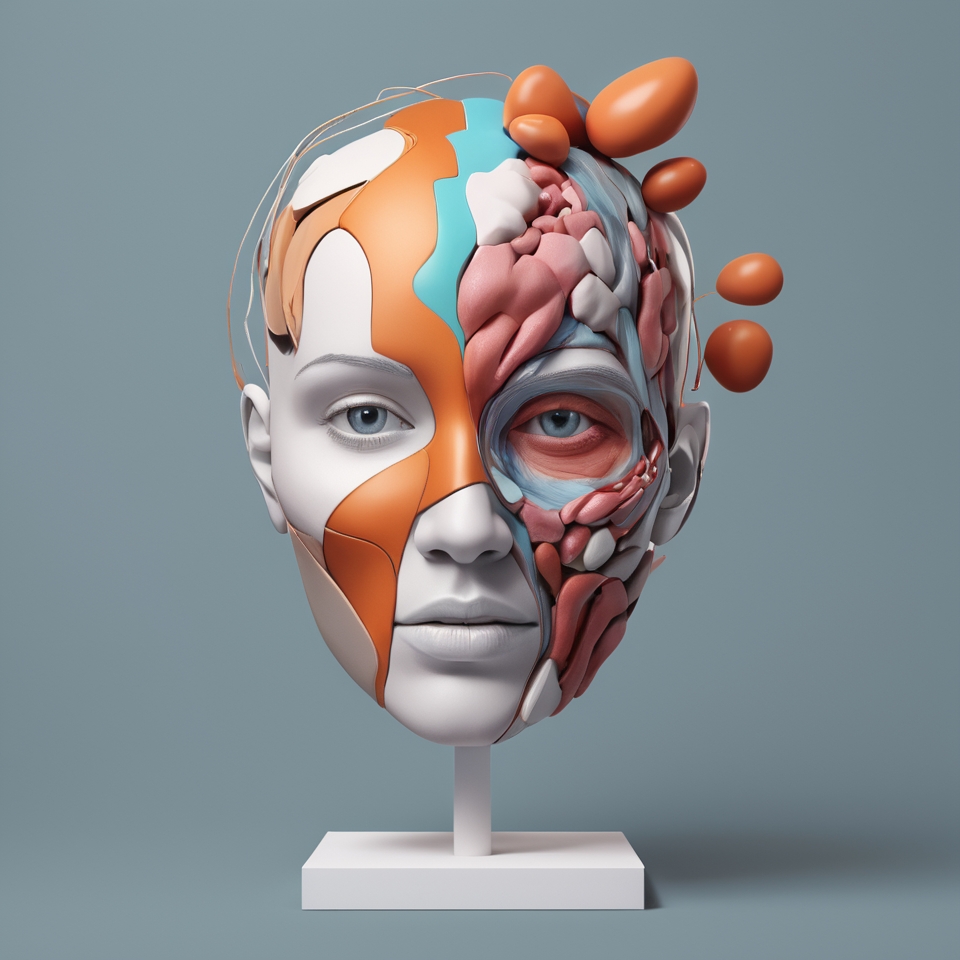Understanding Depression’s Impact on Connections
Depression often brings feelings of isolation, low energy, and self-doubt. These symptoms can make it difficult to maintain existing relationships or to seek out new ones. Recognizing how depression influences our social interactions is crucial. For example, you may feel fatigued after brief interactions, struggle with negative self-talk, or worry about how others perceive you. Understanding these challenges can help you take steps to work with, rather than against, them as you reconnect with others.

Why Connections Matter for Mental Health
Connections can offer support, empathy, and motivation to those dealing with depression. Studies have shown that social support reduces the risk of prolonged depressive episodes and can provide a strong foundation for mental well-being. Relationships foster a sense of belonging, helping to alleviate feelings of loneliness that depression can intensify. Even small interactions can create a sense of purpose and remind us that we are not alone in our struggles.
Building Self-Compassion as a Foundation
Before reaching out to others, it’s essential to practice self-compassion. Depression often makes us our harshest critics, but developing kindness toward ourselves can make it easier to connect with others. Self-compassion involves recognizing that everyone has flaws and struggles. When you learn to approach yourself with kindness, reaching out to others becomes less intimidating. Try affirmations or gentle self-talk to counter negative thoughts. This simple shift in mindset can encourage a more open approach to social connections.

Recognizing and Reaching Out to Supportive People
Consider the people in your life who have shown kindness and understanding. It might be a family member, friend, coworker, or someone you met online. Start by setting small, achievable goals—such as sending a text or making a brief call. The aim here isn’t to push yourself into large social gatherings but to find comfort in connecting with those who offer empathy. Reaching out to one or two people who genuinely care can create a safe space for connection.
Exploring Digital Communities
Digital communities provide a wealth of support, especially for those who may not have local connections. There are countless forums, support groups, and apps tailored for individuals coping with depression. From platforms like Reddit and Facebook groups to mental health apps, you can join spaces where people share their experiences, offer advice, and listen without judgment. Remember to engage in a way that feels safe and comfortable for you.

Setting Realistic Social Expectations
It’s essential to manage your expectations as you begin to reconnect with others. Depression can make social interactions more draining, so keep your goals realistic. Instead of aiming to make numerous friends, start by building one or two strong, supportive relationships. Accept that some days may be harder than others, and allow yourself the grace to pull back if needed. Each step, no matter how small, is progress.
Overcoming the Fear of Judgment
Fear of judgment is a common barrier for individuals with depression. Many worry about being misunderstood or judged for their mental health struggles. A practical approach to overcoming this fear is to challenge negative thoughts. For example, if you’re afraid that others will view you as “weak,” remind yourself that vulnerability is a strength and that everyone faces challenges. Gradually exposing yourself to social situations, like a casual coffee date, can help reduce these anxieties over time.
Building a Reliable Support System
Building a network of reliable people can help you feel supported, understood, and valued. Start by identifying those in your life who consistently demonstrate empathy, patience, and kindness. Don’t shy away from reaching out when you need support, and consider how you can also support them in return. Reliable connections don’t need to be numerous; sometimes, a handful of strong relationships provide more comfort and stability than a large social network.

Practicing Effective Communication
Expressing your needs clearly and respectfully is crucial in building strong relationships. Depression can make it difficult to articulate feelings, but sharing your experiences honestly helps others understand you better. Begin with simple expressions like, “I’m having a hard day,” or “I may not be very talkative right now.” Setting clear boundaries allows both you and your loved ones to connect more meaningfully without overwhelming each other.
Engaging in Shared Activities
One of the most effective ways to build connections is through shared activities. These might include simple, low-pressure activities like joining a book club, participating in a volunteer group, or even doing a creative hobby with others. Engaging in these settings can take the pressure off direct social interaction, allowing connections to grow naturally around common interests. Activities like these provide a structure that can make socializing feel more manageable and enjoyable.
Leveraging Professional Support for Connection
Therapists, counselors, and mental health support groups can provide a structured and empathetic space to explore challenges in building connections. Professional support is often geared toward helping individuals set realistic social goals, work through fears of rejection, and develop strategies to foster meaningful relationships. If finding support on your own feels overwhelming, seeking a therapist’s guidance can be an effective way to ease into connecting with others.

Practicing Self-Care and Building Resilience
Resilience in relationships often comes from self-care practices that build emotional strength. Prioritizing sleep, healthy eating, and regular exercise can improve your mood and make social interactions less daunting. Self-care extends beyond physical practices, too; it includes setting aside time for solitude, relaxation, and activities that recharge you. Balancing social life with self-care can help you avoid burnout and keep you connected to yourself as you reach out to others.
Handling Setbacks
Social setbacks are a natural part of building connections, especially when dealing with depression. Rather than viewing setbacks as failures, consider them growth opportunities. If an interaction doesn’t go as planned, reflect on what you can learn and how you might approach similar situations in the future. Being gentle with yourself in these moments and recognizing that everyone faces social setbacks can make it easier to continue moving forward.
Finding Joy in Small Interactions
Building connections doesn’t have to be limited to deep, meaningful relationships. Sometimes, brief, positive exchanges with people in your day-to-day life can boost your mood and self-confidence. These could be small conversations with a barista, a fellow pet owner, or even a passerby. Finding joy in these minor interactions can serve as a reminder that connections exist in many forms and that even the smallest exchanges have value.

FAQs
- How can I start building connections if I’m struggling with low energy? Start small by focusing on low-energy activities, like a short phone call or messaging a friend. Digital communities can also offer supportive connections at your own pace.
- What are ways to overcome social anxiety caused by depression? Practice grounding techniques, challenge negative thoughts, and start with familiar settings. Gradually increase social exposure at a pace that feels manageable.
- How do I communicate my mental health needs to friends and family? Be honest yet gentle. Use statements like, “I may need a bit more space or patience right now,” to express boundaries clearly.
- What should I do if social interactions feel overwhelming? Listen to your needs and pull back when necessary. Self-care and alone time are crucial, especially after taxing social engagements.
- How can professional support help in building connections? Professionals can guide you through social fears, provide coping strategies, and even facilitate group settings where you can practice building connections.
- Can online friendships provide the same support as in-person connections? Absolutely! Many people find meaningful friendships online. These connections can be just as supportive as in-person ones, especially when mutual understanding and empathy are present.

This 15 Second Dutch Sleep Trick
Resets Your Circadian Clock For Deep
Refreshing Sleep On Demand…
Here’s How You Can Use It Tonight
For 167% Better Sleep.click

